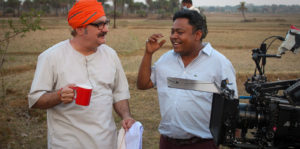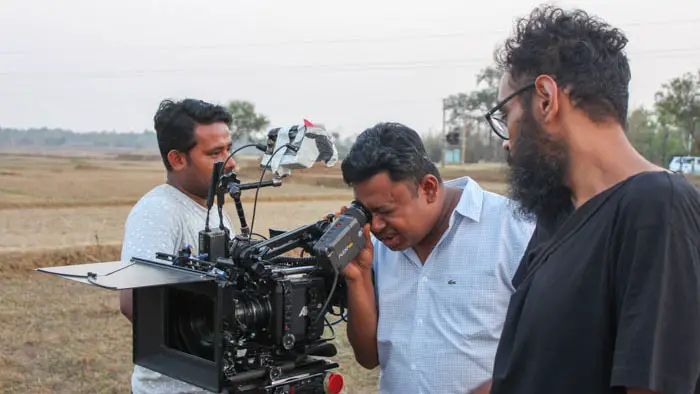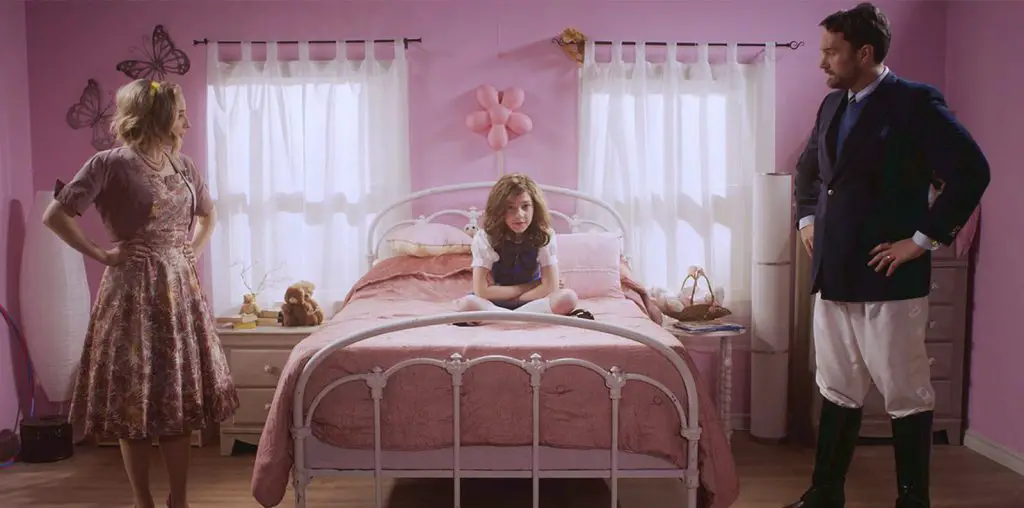
Shiladitya Bora is the director of Bhagwan Bharose, a film that explores the impact of faith and politics on the lives of two children growing up in India in the 1980s. The film follows Bhola and Shambhu, who are constantly challenged by their own beliefs, their family values, and their social environment as they witness the turmoil and transformation of their country. Bhagwan Bharose is a film that portrays the loss of innocence and the quest for meaning in a complex and changing world. We discuss the challenges of making a movie that challenges familial, religious, and cultural norms during a time of great turmoil.
Can you give us the basic story of Bhagwan Bharose?
Shiladitya Bora: Bhagwan Bharose is the story of two young impressionable kids living in rural India in the late 1980s. It is the story of how various factors like – upbringing, traditional education, mass media, and the local community could influence a child’s psychology and how negligence and negative influence could lead to catastrophic consequences. It chronicles the bittersweet and poignant coming of age of these two innocent kids and their journey from blind faith to fanaticism and, finally, the realization of its futility.
The story is very personal and intense. What real-life connections to this, or similar, events do you have? How did these experiences inform the direction?
The first challenge is always to find the right story – something that I am passionate about on a personal level, something that has the potential to facilitate a dialogue between cultures and nations through cinema.

“…how…upbringing, traditional education, mass media, and the local community could influence a child’s psychology…”
For the past few years, communal violence and intolerance have been on the rise in various parts of the world, claiming thousands of innocent lives and creating an environment of fear and persecution. A thing that has always intrigued me is, what causes such intolerance, what makes a person turn into a fanatic.
So when Sudhakar Neelmani, the writer of the film, narrated a few personal incidents on which the film’s story is based, I felt a deep sense of affinity towards it and decided to take it up for my feature directorial debut. I have directed 3 short films prior to this feature, and when I look back, I can see a pattern emerging. I realised that I like telling stories that reflect important issues of the world, portraying them in a simplistic manner using everyday humour as a tool, which would keep the audience engaged till the end. The biggest fear I ever had was not to end up making a pretentious film that I, personally am not a fan of.
I don’t have first-hand experience of any such communal issues and violent crimes, however, for various character traits of the actors, I have borrowed a lot from people I have known and things I have observed over the years.

